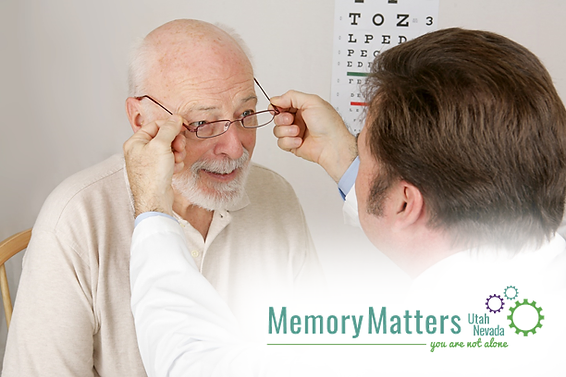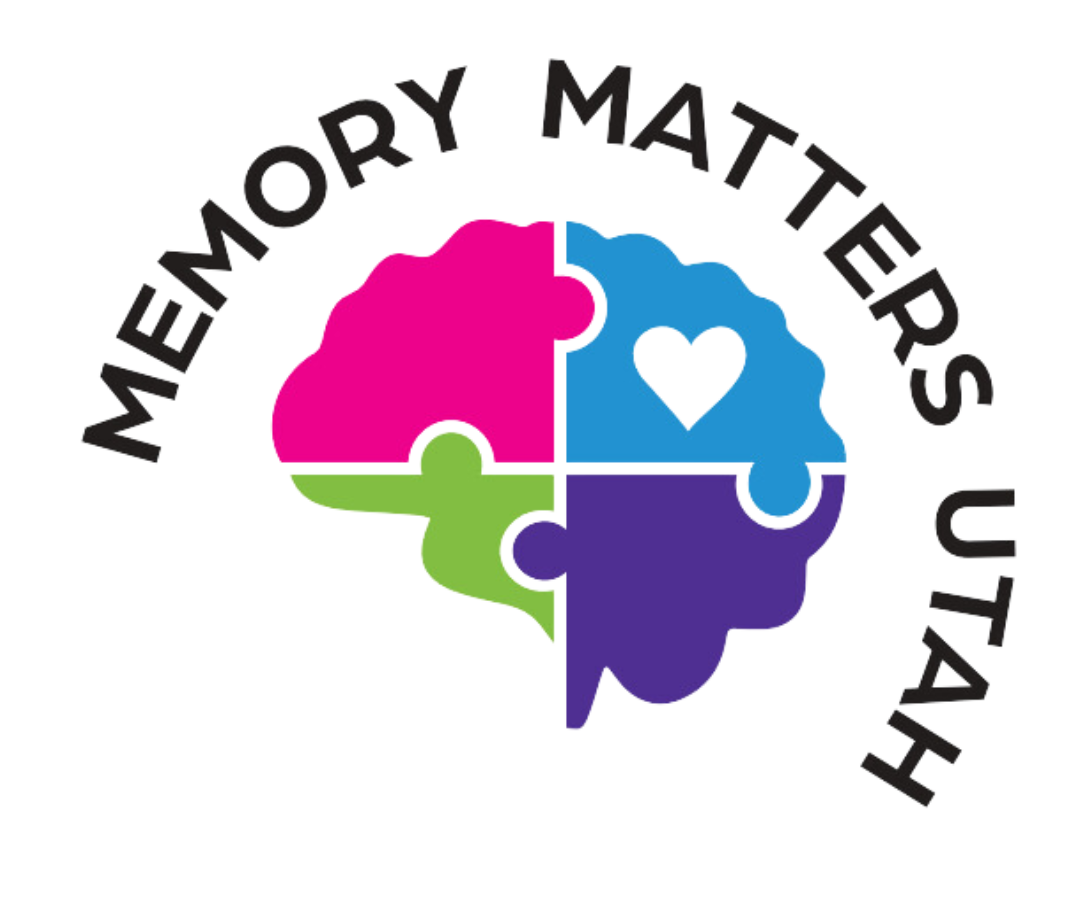
by Alex | Oct 2, 2024 | Recognizing the Signs of Dementia
Memory loss that disrupts daily life may be a symptom of Alzheimer’s or other dementia. Alzheimer’s and dementia causes a slow decline in memory, thinking and reasoning skills. Overview Dementia is a collection of symptoms that can occur due to a variety...

by Alex | Oct 2, 2024 | Recognizing the Signs of Dementia
Vascular dementia is a general term describing problems with reasoning, planning, judgment, memory and other thought processes caused by brain damage from impaired blood flow to your brain. Vascular dementia is a group of conditions that cause a decline in cognitive...

by Alex | Oct 2, 2024 | Recognizing the Signs of Dementia
Dementia is a syndrome, not a disease. A syndrome is a group of symptoms that doesn’t have a definitive diagnosis. Dementia is an umbrella term that Alzheimer’s disease can fall under. Dementia vs. Alzheimer’s Dementia and Alzheimer’s disease aren’t the...

by Alex | Oct 2, 2024 | Recognizing the Signs of Dementia
The progression of dementia can span anywhere from a couple of years to more than a decade; and no two people experience the different stages of dementia in the exact same way. The unpredictability of the disease challenges caregivers to meet their loved one’s...

by Alex | Oct 2, 2024 | Recognizing the Signs of Dementia
Early-onset Alzheimer’s is an uncommon form of dementia that strikes people younger than age 65. Of all the people who have Alzheimer’s disease, about 5 percent develop symptoms before age 65. So if 4 million Americans have Alzheimer’s, at least...

by Alex | Oct 2, 2024 | Recognizing the Signs of Dementia
Posterior cortical atrophy (PCA), also called Benson’s syndrome, is a form of dementia which is usually considered an atypical variant of Alzheimer’s disease (AD). The disease causes atrophy of the posterior part of the cerebral cortex, resulting in the...







